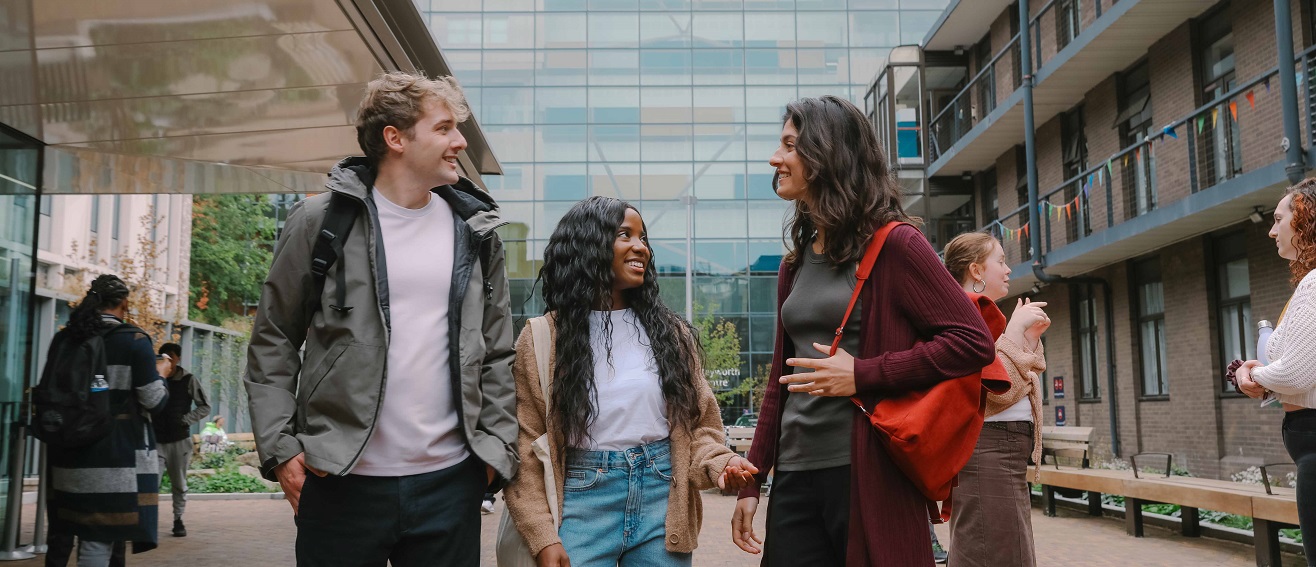
Years 10–11 GCSE years
Years 10 and 11 are the academic years when schools begin a more intense careers programme in the Pastoral, Social and Health curriculum, often known as PSHE lessons. Year 10s are often encouraged to go out on a work experience week and explore internship opportunities. In Year 11, schools concentrate all their efforts on preparing students for their GCSE exams and supporting them with coursework. In Year 11 there will be Open Evenings and Open Days at Sixth Forms, Sixth Form Colleges and Further Education Colleges for you to attend. Do go along with your learner and research the variety of courses available. Even though the focus here is on GCSEs, you and your young person can start to use these as an opportunity to look ahead and plan for the future. There is plenty you can do now to support them at this critical time.
Help them to establish a revision method
There are so many revision methods out there, and your learner may need some help to find the one that works for them. We suggest active revision techniques such as making flash cards, mind maps or placing post-it notes with key facts on them around the home. Be sure to talk to teachers if you notice any struggles or issues – the school is likely to have after school revision classes and a range of revision strategies to recommend. The key thing with any revision method is that your young person feels comfortable with it and that you can constructively support them to use it throughout their time studying. There are so many tips and tricks out there, we recommend starting with the BBC Bitesize Parents’ Pages to find more information.
Make sure that they take time out
We all know what it feels like when you get stressed and overwhelmed! Encourage regular breaks and time outs from studying during the revision and exam period. Although it can be tempting to think that they need to study from dusk till dawn as exams approach, many young people find that having some time-out from studying and doing something they love helps them to study more effectively when they go back to their homework or revision.
Work Experience
If the school sends pupils out on work experience during Year 10 and 11, you could speak to your friends, neighbours or colleagues to help them find an interesting work placement. Help your young person to compose emails and make enquiries to find a placement in something exciting and inspiring for them. Work closely with the school Work Experience Coordinator, to find out about good leads to follow. If your young person already has an idea of the field they want to work or study in, try to help them find work experience in this area, as this can enhance their UCAS application later and give them an idea of future career paths they may wish to follow. If they can’t find their perfect Work Experience match don’t be discouraged - they will gain plenty of valuable and transferable skills no matter where they are placed. They could also explore more relevant work experience options during the holiday periods.
Post GCSE options
Now is the time to start thinking about the next stage - what your young person might go on to do after their GCSEs. There are plenty of routes available to them, so you will need to support them to explore all their options. They could go on to study:
- A Levels
- T Levels
- BTECs
- Apprenticeships
- International Baccalaureate
- A combination of the above (usually A Levels and BTECs)
You can find out more about the types of qualification on the Government website, and advice for young people choosing their next steps on the UCAS website.
Encourage them to make a careers appointment or go to the Careers Advisor’s drop-in sessions in school, and have a look together at the Careers page on the school website to find out what support is on offer. Talk to them about the subjects that they are good at and enjoy - do they want to continue with some of these or try something new? Where and how would they be best placed to do this? The choices that they make now will impact their future decisions, so spend some time looking through university prospectuses and websites to check whether the courses they might want to progress to have any specific entry requirements, such as studying a Science subject in order to do a Biomedical Science degree.
If you would like to find out more, there is plenty of information online. Check out the Talking Futures website, where there is a “Parents’ Toolkit for career conversations” and a chatbot to answer your questions. There’s also the Informed Choices and UCAS websites.